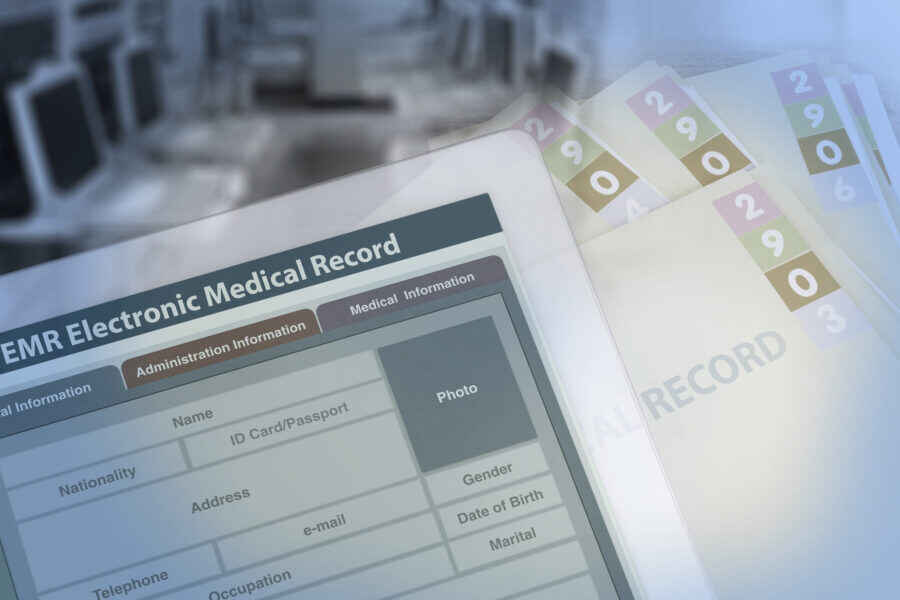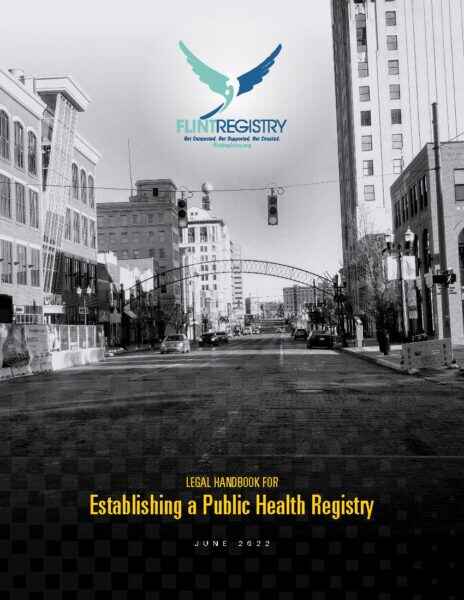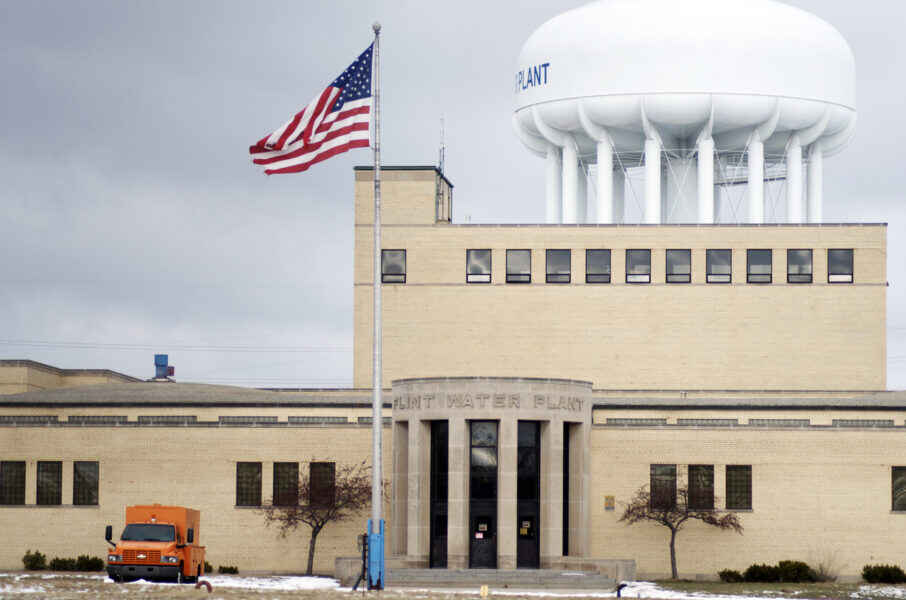
Public Health Agencies and What Woulda-Coulda-Mighta Helped Them Access SUD Records
Law & Policy InsightsHealth Information and Data SharingSubstance Use Prevention and Harm ReductionPublic health agencies often find access to substance use disorder (SUD) data records especially challenging. Through the CARES Act, Congress harmonizes certain provisions of HIPAA and 42 CFR Part 2 —both of which governs disclosure of SUD records —and requires that HHS continue these efforts through rulemaking.











